She spied for Cuba for years from inside the US government. Now she’s walked free
As the US reeled in the wake of 9/11, the arrest of a top government analyst who’d spent years spying for Cuba went almost unnoticed. Ana Montes has now left prison and the author of a new book tells Sheila Flynn just how damaging her betrayals really were, not only to her country but to her own family
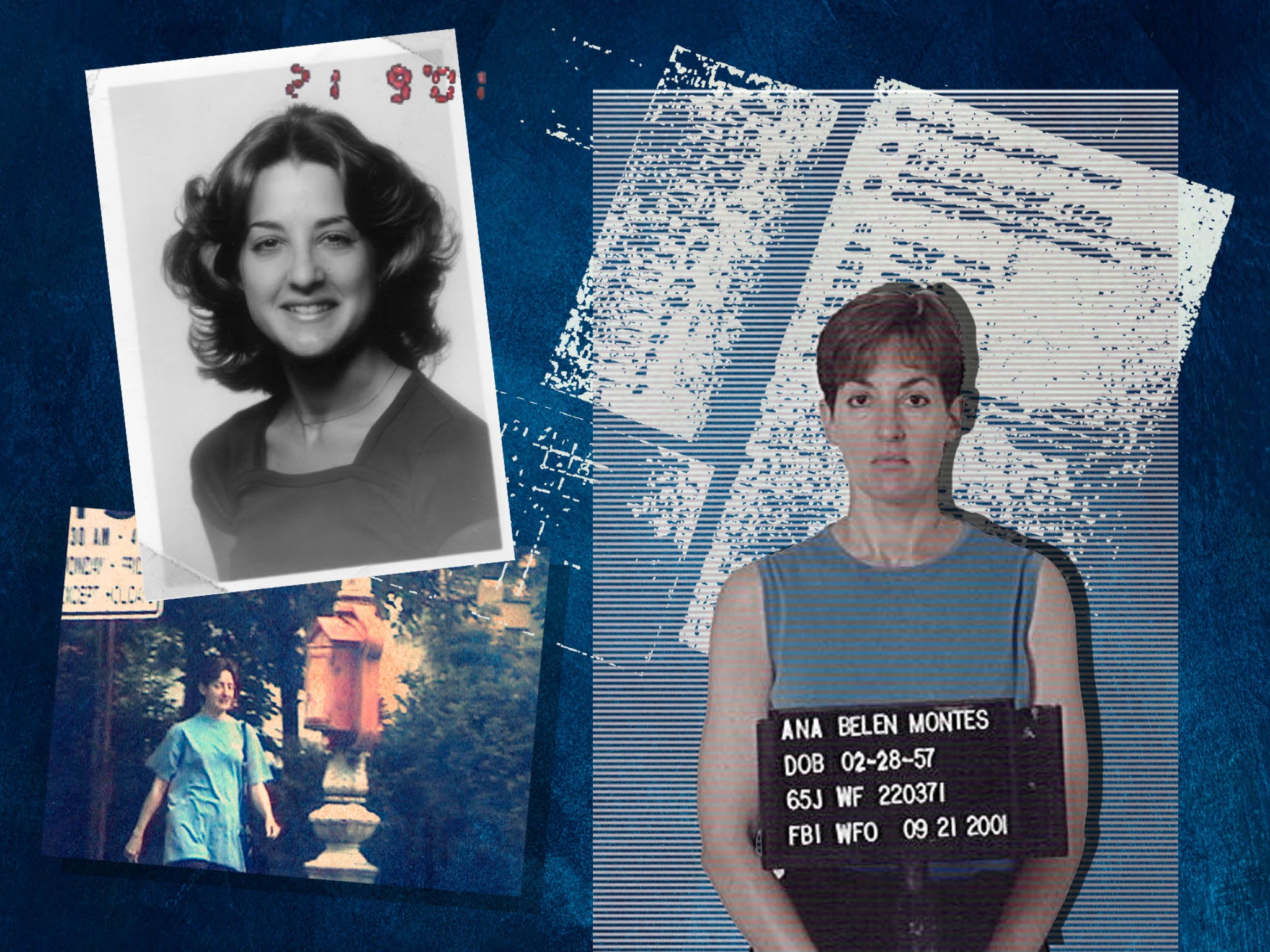
She toiled for years in the annals of US intelligence, establishing her reputation as a Cuba expert while covertly passing secrets to Fidel Castro’s regime. Her patriotic siblings and their spouses worked for the FBI. She was only caught after a dogged NSA analyst, who’d fled Cuba with her family as a child, heroically sparked a quiet but desperate manhunt for the traitor selling out America to the Communists.
The life of Ana Montes sounds like something from a Hollywood spy plot. Now,the former Defense Intelligence Agency (DIA) employee has walked free from prison. More than 20 years after her 2001 capture, Montes has somehow never become a household name.
“If Ana had been arrested a couple of weeks before she was, and 9/11 hadn’t happened, I think she would be known as one of the more significant spies, like Robert Hanssen, like Rick Ames, who was at CIA,” says Jim Popkin, author of new book Code Name Blue Wren: The True Story of America’s Most Dangerous Female Spy - and the Sister She Betrayed. “The story just was completely subsumed by 9/11.”
Montes’ arrest came just 10 days after terrorist planes hit the World Trade Center and Pentagon, as the shell-shocked government and American public grappled with the devastating attack. The capture of a spy for Cuba, even with her shockingly high level of security clearance, years of betrayal and her family’s law enforcement history, barely even registered as a blip on the post-9/11 media landscape.
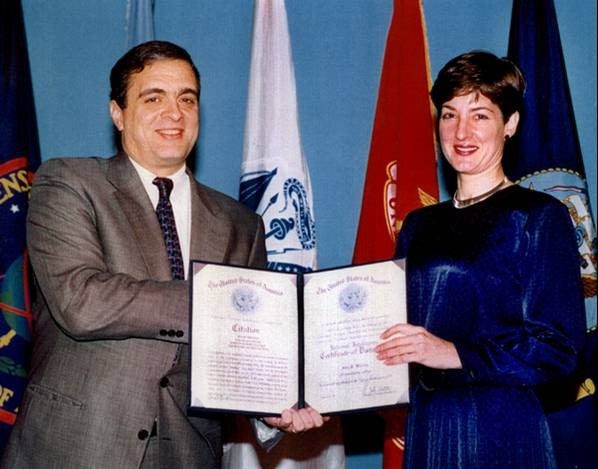
Only an earth-shattering atrocity like September 11 could have overshadowed the arrest of such a deeply entrenched operative. The hunt to root her out had begun years earlier; Montes had already been spying for more than a decade and a half when she was finally unmasked.
Mr Popkin was working as a journalist covering the FBI in Washington DC at the time. Like the rest of his contemporaries, he was swamped in the aftermath of the terrorist attacks. The Montes case piqued his interest in part because he found out she’d been living in his buddy’s old apartment, a place he knew well. He began digging and formed a bond with the spy’s sister, Lucy, a translator for the FBI whose own career had helped put other Cuban operatives behind bars.
As Montes prepared for her release from a Texas correctional facility, where she was held alongside notorious prisoners such as Manson girl Lynette “Squeaky” Fromme, Mr Popkin began compiling years of research and interviews for his book. Given how much time had passed, he found many players willing to talk about the larger-than-life story behind Montes’ downfall.
Among them was the NSA analyst who tipped off the FBI and later the DIA, where Montes worked, about a spy within that agency’s midst. The woman, called “Elena Valdez” in Code Name Blue Wren, was just six years old when she’d left Cuba. She considered it a “personal mission” to expose an agent working for Castro’s regime from within the US official ranks, Mr Popkin says.

The NSA counterintelligence analyst and her bosses first briefed the FBI about a Cuban spy in 1998, Mr Popkin writes, sharing clues they’d uncovered which indicated an operative had infiltrated high levels of US government. Two years later, though, “Ms Valdez” became frustrated with what she perceived as too long a time with too little progress. In something of a backdoor move that threatened her career, she moved on from the FBI and enlisted investigators at the DIA.
They put together pieces she provided and realised the spy had to work within their own agency. Montes was arrested almost exactly a year after Ms Valdez reached out for help.
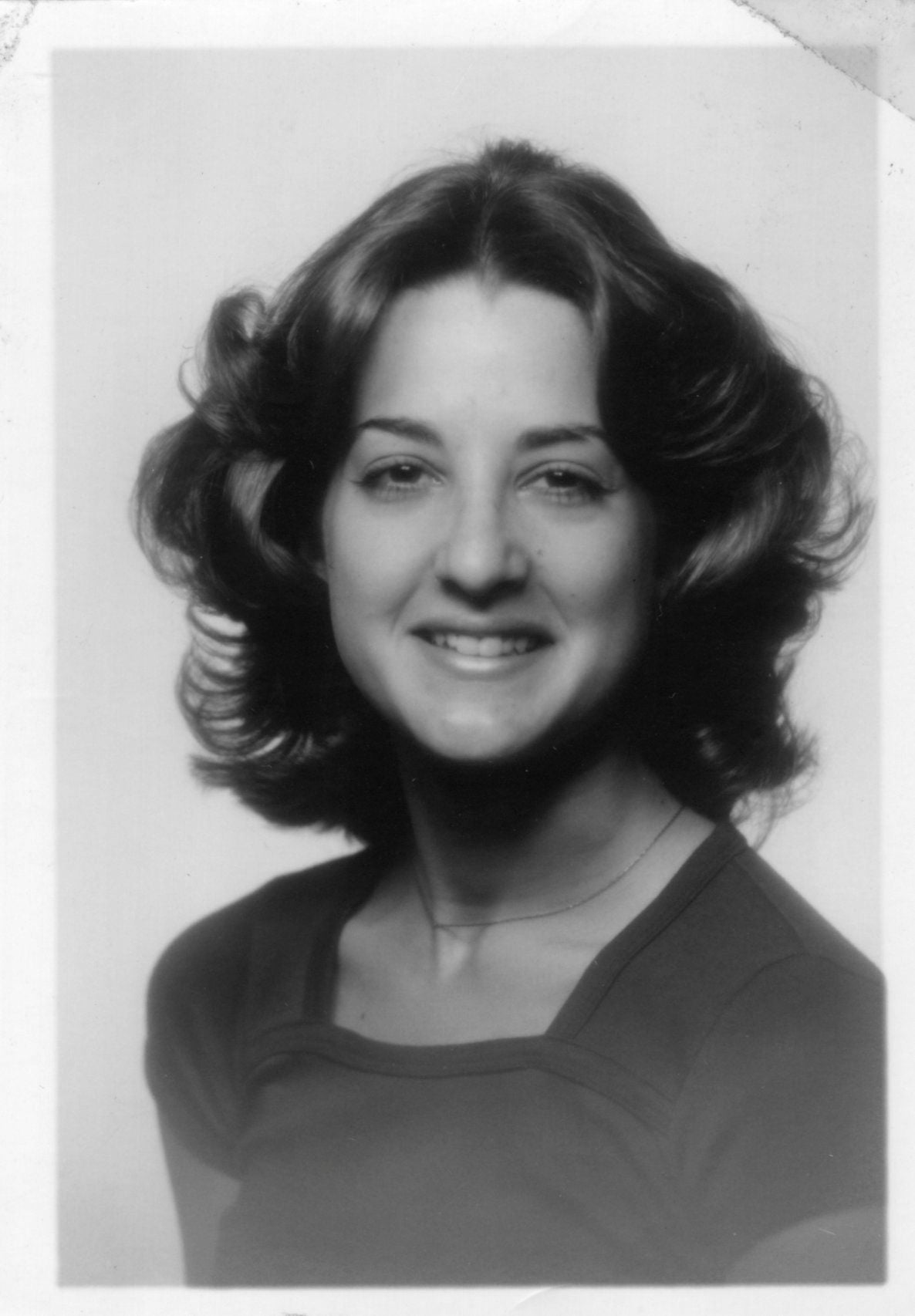
“Being born in Cuba, and seeing what the administration has done -- and how it affected her own family -- it was a bit of a personal mission for her, and she was not going to stop,” Mr Popkin tells The Independent of “Ms Valdez”. “When she learned that there was someone who was a senior US official who was a spy to the Castro regime ... being so aware of the repression that exists on the island, it was a bit of a personal mission for her to figure this out and to make sure that this didn’t fall by the wayside.
“That’s what drove her to ensure that this case got solved,” he says, adding: “I wish I could use her real name so folks really knew who this was - because this is someone who showed incredible bravery and is kind of a backbencher at an agency and someone you otherwise never would have heard of.”
The analyst’s bravery led to the unraveling of an espionage career that no one could have imagined during Montes’ childhood in Kansas.
Ana Montes was born to Alberto Montes, a Puerto Rican who joined the US Army and later became a Freudian psychotherapist, and his wife, Emilia. Mr Popkin describes Alberto as a strict disciplinarian bordering on abusive. Montes grew up with her sister and two brothers in Kansas and Maryland, a bright high achiever who graduated from the University of Virginia and then earned a masters at Johns Hopkins’ prestigious School of Advanced International Studies. There she met Marta Velazquez, a Cuban operative who zeroed in on Montes’ sympathies for left-leaning movements in Central America, particularly the Sandinistas in Nicaragua.
Velazquez recruited her friend with the pretext of helping the Cubans to help the Nicaraguans, Mr Popkin writes; she would later seamlessly switch her allegiance to Cuba with the ostensible goal of stopping US interference. Notably, Montes was an ideological spy, receiving nothing other than reimbursement for small expenses as she put her life and career on the line for a foreign power.
She worked her way up through the Department of Justice and then DIA, earning a reputation for aloofness and a fiercely territorial attitude towards Castro’s island. Derisive behind-her-back nicknames included “Queen of Cuba” and “La Otra,” meaning “The Other,” he writes.
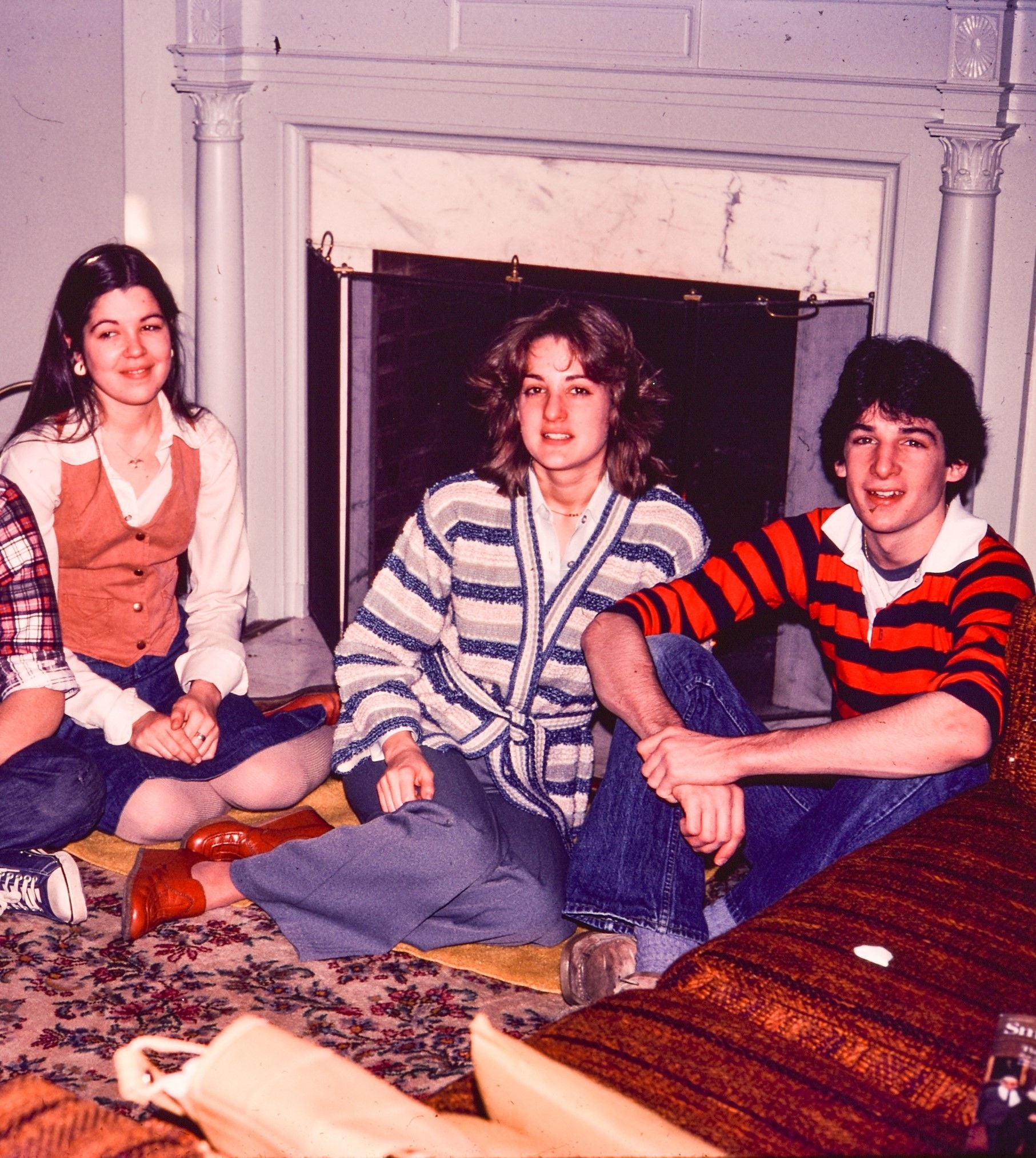
Montes spent years compiling, memorizing and passing on information to the Cubans, using tradmark spycraft that ranged from encryption to calls from payphones. As she was writing reports about Cuba’s capabilities for the US government, she was undermining American efforts by feeding vital details to the Castro regime, including the identities of four undercover agents on the island. Code Name Blue Wren also raises questions about her involvement in the death of an American Special Forces officer in El Salvador. There’d been an attack on his location, which she’d visited just weeks beforehand.
The ripple effects of Montes’ leaked secrets were devastating, Mr Popkin writes.
“When we think of spying, we typically think of Russia, China, maybe Israel or Iran, but we don’t typically think of Cuba,” he tells The Independent. “Cuba, in reality, has a really sophisticated spy service. They were trained by the Soviets. They’re very good. And they continue to spy to this day. Because Cuba is kind of perceived to be a bit of a paper tiger ... not obviously a serious threat to our national security, in terms of conventional military forces, they’re kind of discounted a bit as as a threat. And because of that, I also think that the Ana Montes story kind of got lost in the shuffle a little bit ‘ ‘Oh, a Cuban spy, why does that even matter?’ In reality, if you really dig into it, she had almost carte blanche access to classified information. She was phenomenal at what she did. She kept her head down and memorized and shared information with one of our adversaries for nearly 17 years.
“That adversary, Cuba, has a long track record of selling our secrets or trading them to Russia and other enemies of the United States. What she did, the information that she shared ... really did grave harm to the country.”
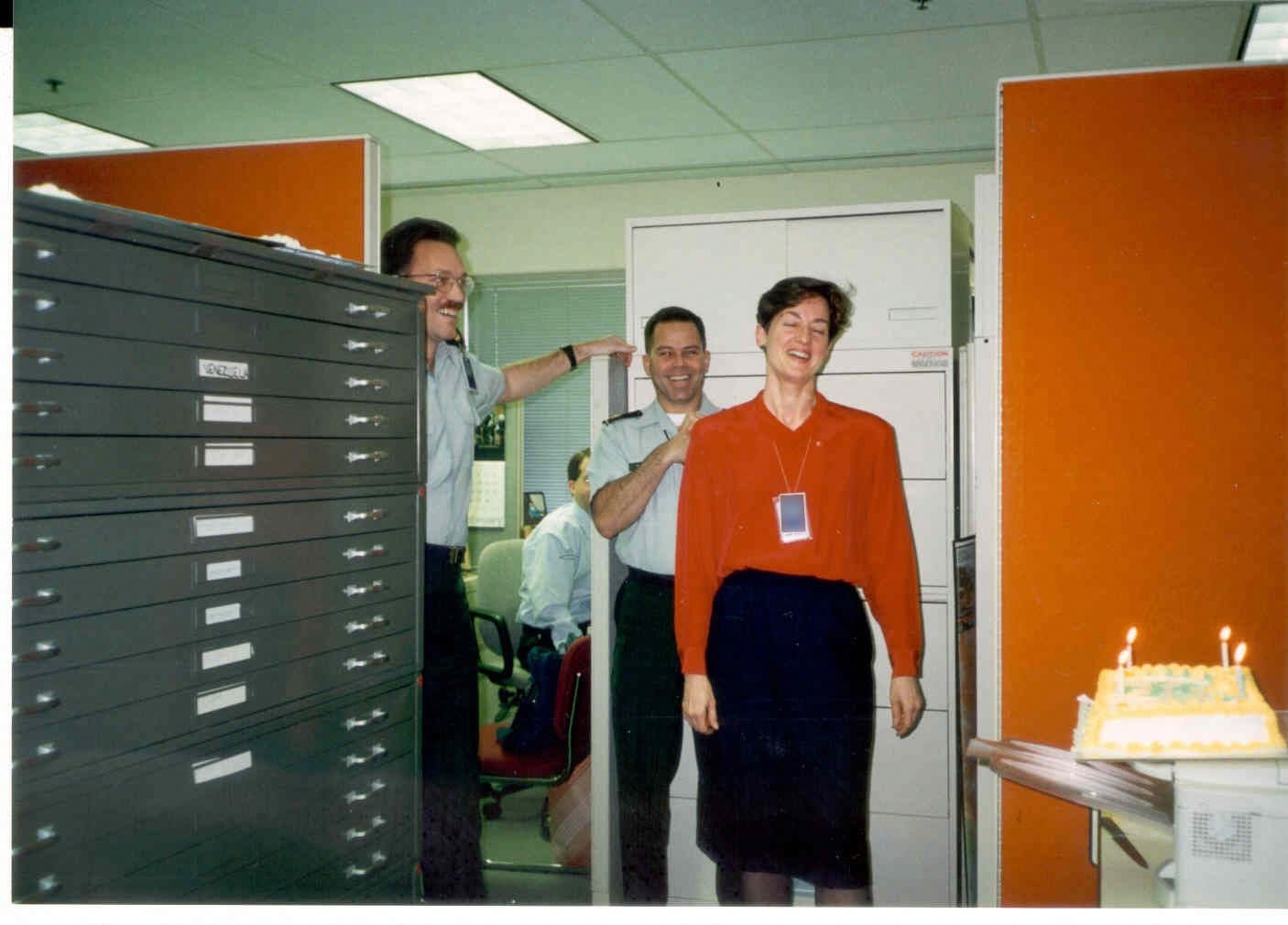
As Montes was imperiling the United States, her immediate family members were working to protect it. Lucy Montes - 16 months younger than her sister - was working as an FBI translator in Miami, including on a task force that flushed out the Wasp network of Cuban spies. Tito Montes, the third youngest, became an FBI agent, as did his wife, Joan. They spent holidays and special occasions side-by-side with Montes, who was winning accolades professionally and never sparked suspicion within her own family circle.
The double life was taking its toll on Montes, however; she’d spent the majority of her adulthood playing a dangerous game, and was getting both paranoid and lonely. (In one lighter anecdote, Mr Popkin describes how the Cubans tried to set her up with a companion; Montes dismissed him as “too hairy.”)
She was 44 by the the time the net closed in. Authorities had been aware Montes was likely the mole but were careful not to tip her off too early. Then 9/11 happened, and the call was made to swoop, before the top-level analyst could get her hands on highly sensitive data in the runup to America’s mobilizing military action in the Middle East.
To the shock of everyone who knew her, Montes was arrested at DIA headquarters on 21 September 2001. She pleaded guilty and avoided the death penalty and began serving her 25-year sentence.
She’s now a free woman – with conditions. She’s 65 years old.
Mr Popkin says he’s seen a change in attitude over the years from Lucy, who – along with the rest of her patriotic family – was keen to make known that they were absolutely not involved in the spy’s activities.
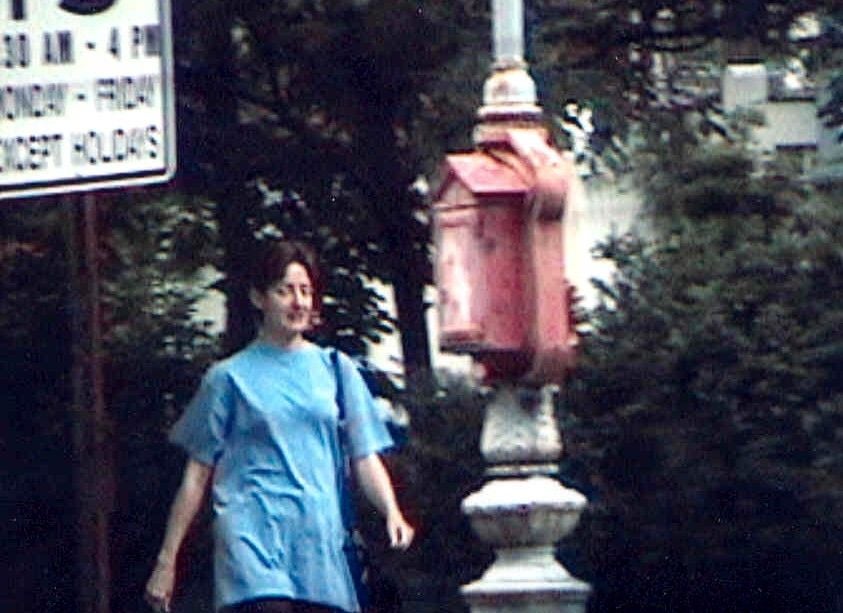
“She’s aware that Ana’s getting out of prison, and two things have happened,” he told The Independent ahead of her release on Sunday. “One, she thinks she served her time ... It’s her chance now to rebuild her life. So I guess that’s [Lucy’s] first impulse. Secondly, it’s just family. Right or wrong, she’s a family member now getting out of prison ... the anger and hurt has not gone away at all. It’s still right there right under the surface. However, they’re all human beings, and this is someone they grew up with. So they’re trying to adjust to those emotions.”
He believes that what will be key to the process “is how Ana reacts.”
“She’s never been apologetic in any way, including her time in prison – and I think that’s really going to matter when she gets out,” he says. “Will she reach out to the family and say, ‘Look, I have my reasons for what I did. But I’m sorry. And I’m sorry I put you through this. I’m sorry I lied to you?’” Mr Popkin says. “If she does that, I think it will help in rebuilding. But if she doesn’t, and she digs her heels in, continues to justify what she did, I think the family members are going to have a hard time - the siblings, in particular - in accepting her. And it’s going to continue to be a very fraught relationship.”
Montes betrayed not only her country and family but also those she worked closest with, Mr Popkin writes, devastating many colleagues who feel she tainted their life’s work. He writes in his book that some of Montes’ coworkers were sobbing at their desks upon hearing news of her arrest.
“Some of them are incredibly angry and upset to this day with what she did,” Mr Popkin tells The Independent. “I had some of the professionals around her say, because of Ana’s deceit and treachery, they felt like their entire professional lives were just a total waste. If you’re in the intelligence business, and your job is to report on Cuba and understand what’s going on in Cuba, and your cubicle mate is turning around and sharing virtually everything that you learn and everyone around you learns about Cuba, and about the US and US intelligence in Cuba, and they’re sending it directly to Havana, that means that most of what you’ve done in your professional life is a waste. And so there is raw anger and emotion to this day towards Ana that many folks will never let go of.”
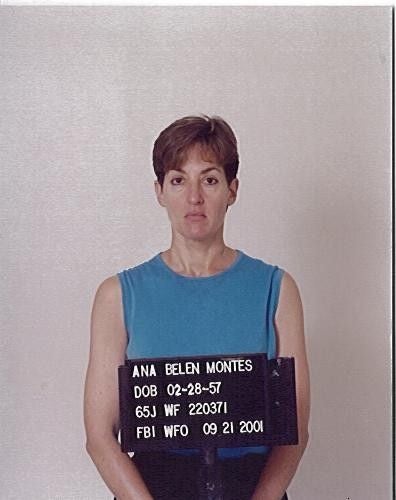
It’s unclear just where Montes might go after her release. She has family, friends and supporters in Puerto Rico, some who’ve cast her as a folk hero. There is, of course, the question of whether the long-term Cuban spy will defect to the country for which she betrayed all else.
Mr Popkin does not consider her an ongoing threat. Any intelligence she’d had, he points out, would now be decades old and clearly obsolete. Still, after years devoted to researching her, he admits that Montes – and just what makes her tick – remains a mystery to him.
“It’s not for lack of trying,” he tells The Independent. “It’s just hard to fully undestand why someone would do this and how they’ve continued to justify it. It was such a dramatic decision with so many layers of deceit and, for me, it doesn’t explain it enough to say, ‘She’s political. She’s anti-American. Her father who was in the military was abusive.’ I think it’s a combination of all of those factors. But what makes it very hard to undestand is, you have another sister who went through a lot of the same, who was kind of developed in the same broth, if you will, with all of these same factors. And she came out so different ... so Ana does remain a bit of a mystery to me, even after 15 years of close study.”
Despite the myriad threads to the wild-but-true story – Cuban exiles, embedded spooks, sniping agencies and even the Manson family, of all things – Mr Popkin says it is the sisterhood element he keeps coming back to.
“I love the spy stuff and everything else,” he tells The Independent. “But I think that what distinguishes this, in some ways, from other true-life spy stories in America, it’s the family aspect and just how different people can turn out in the same family. There’s a relatability to this that I think a lot of folks will understand.”
Join our commenting forum
Join thought-provoking conversations, follow other Independent readers and see their replies
Comments
Bookmark popover
Removed from bookmarks